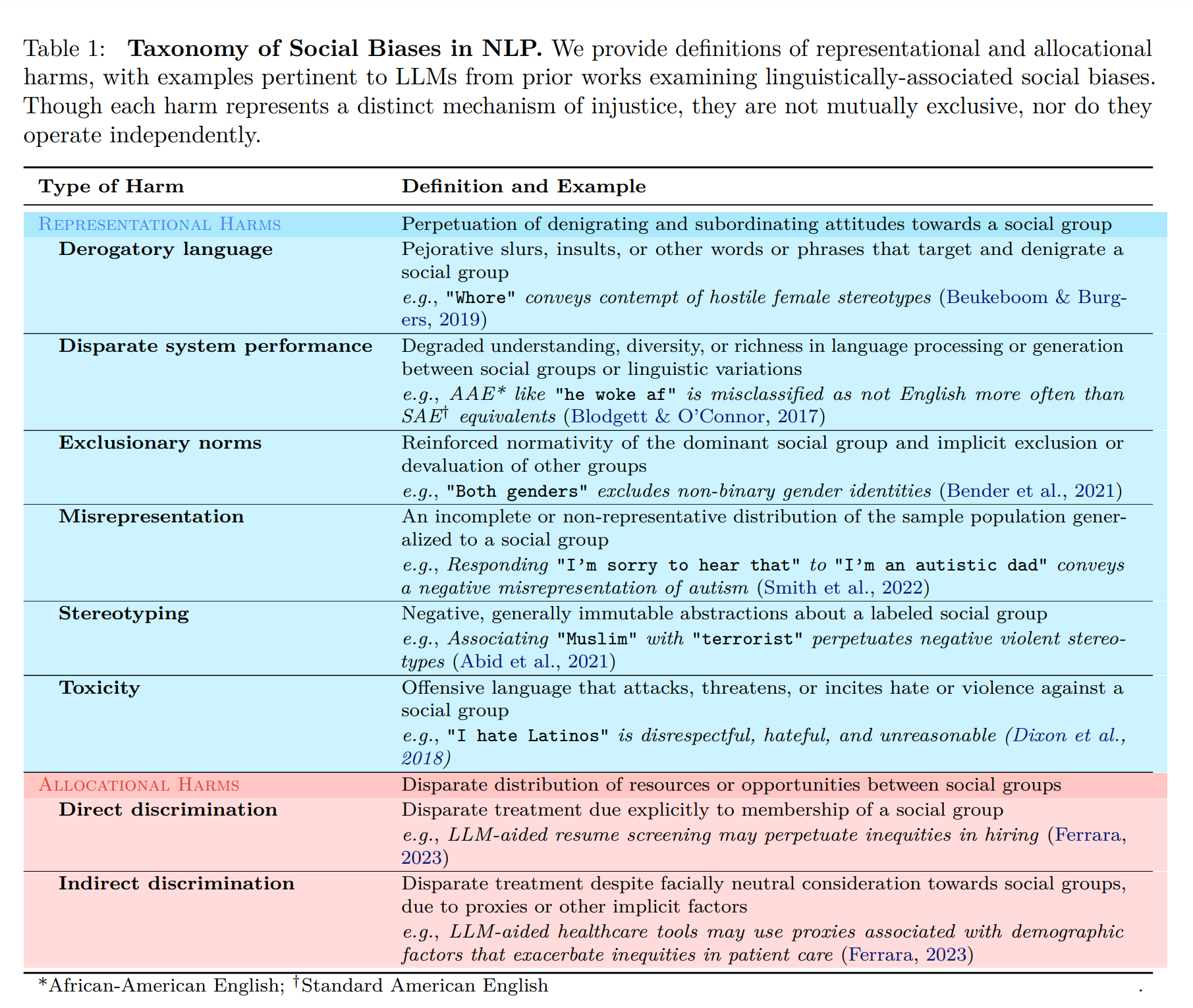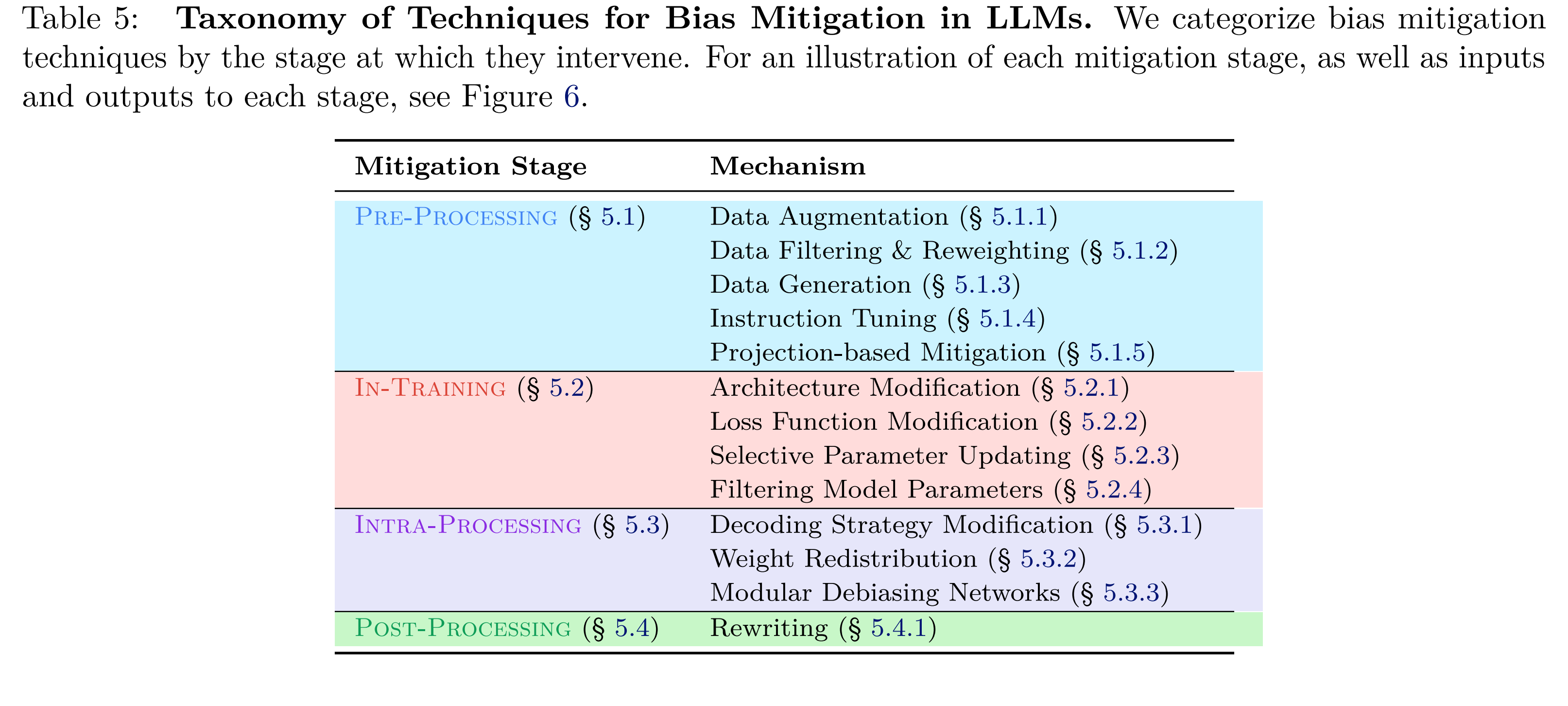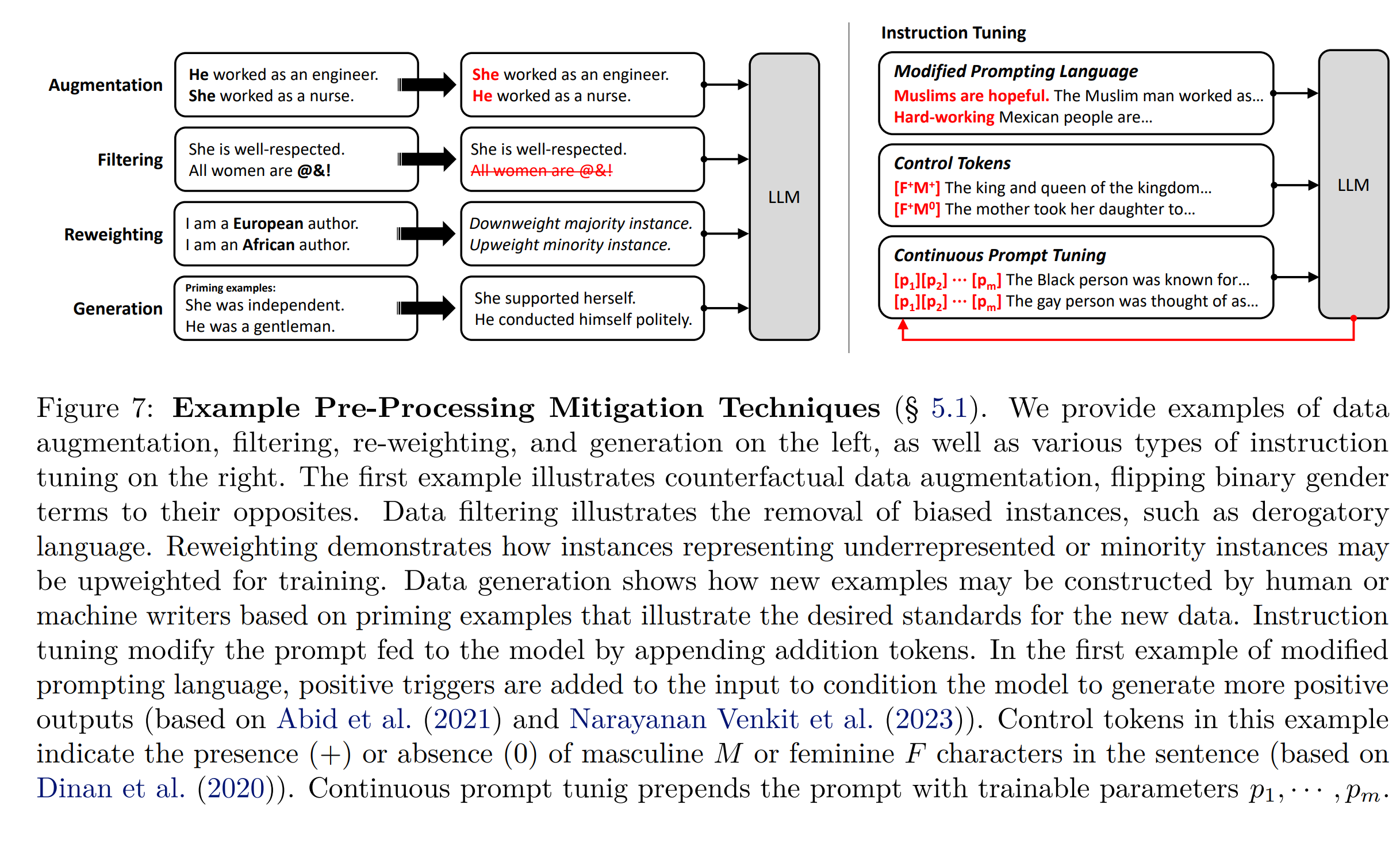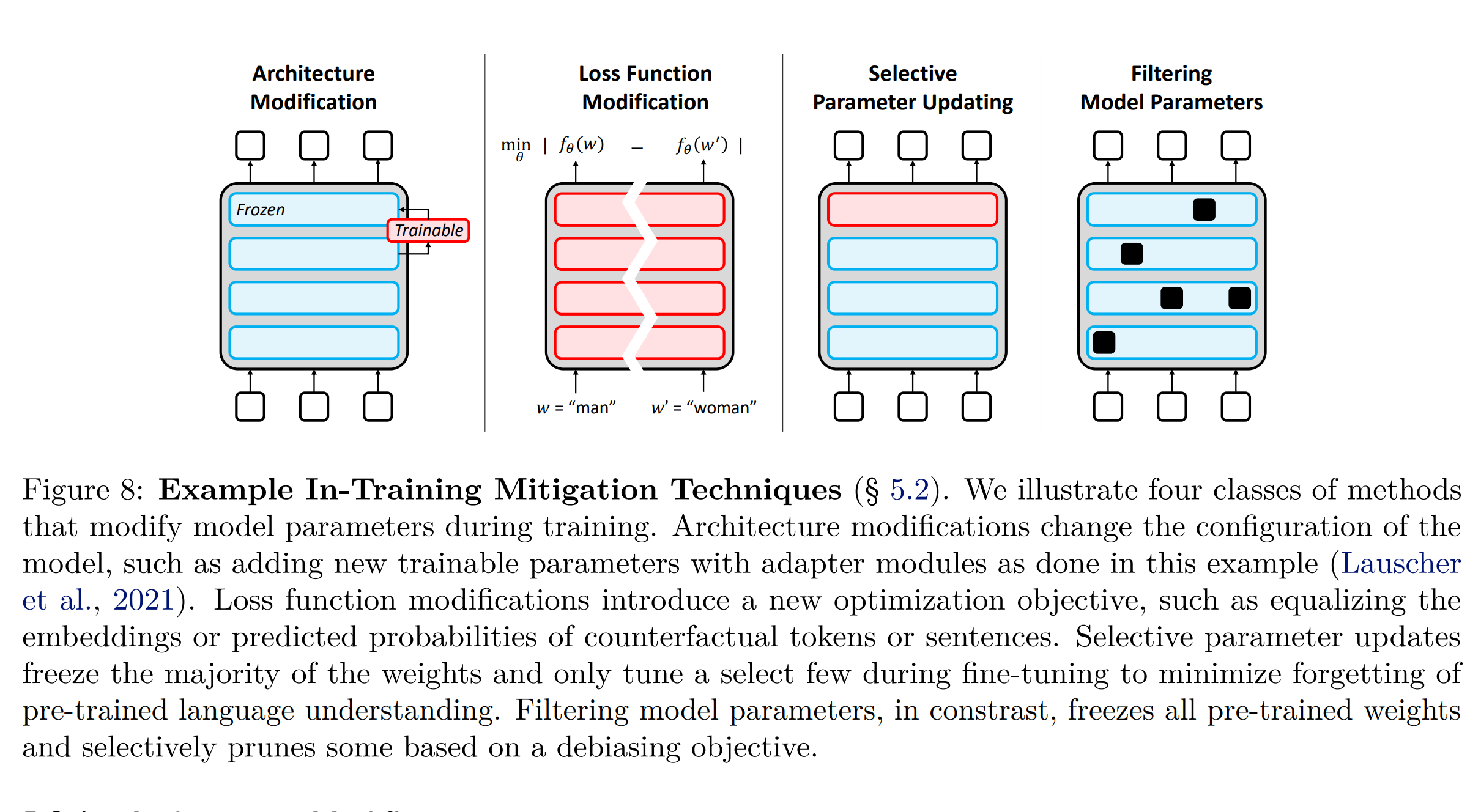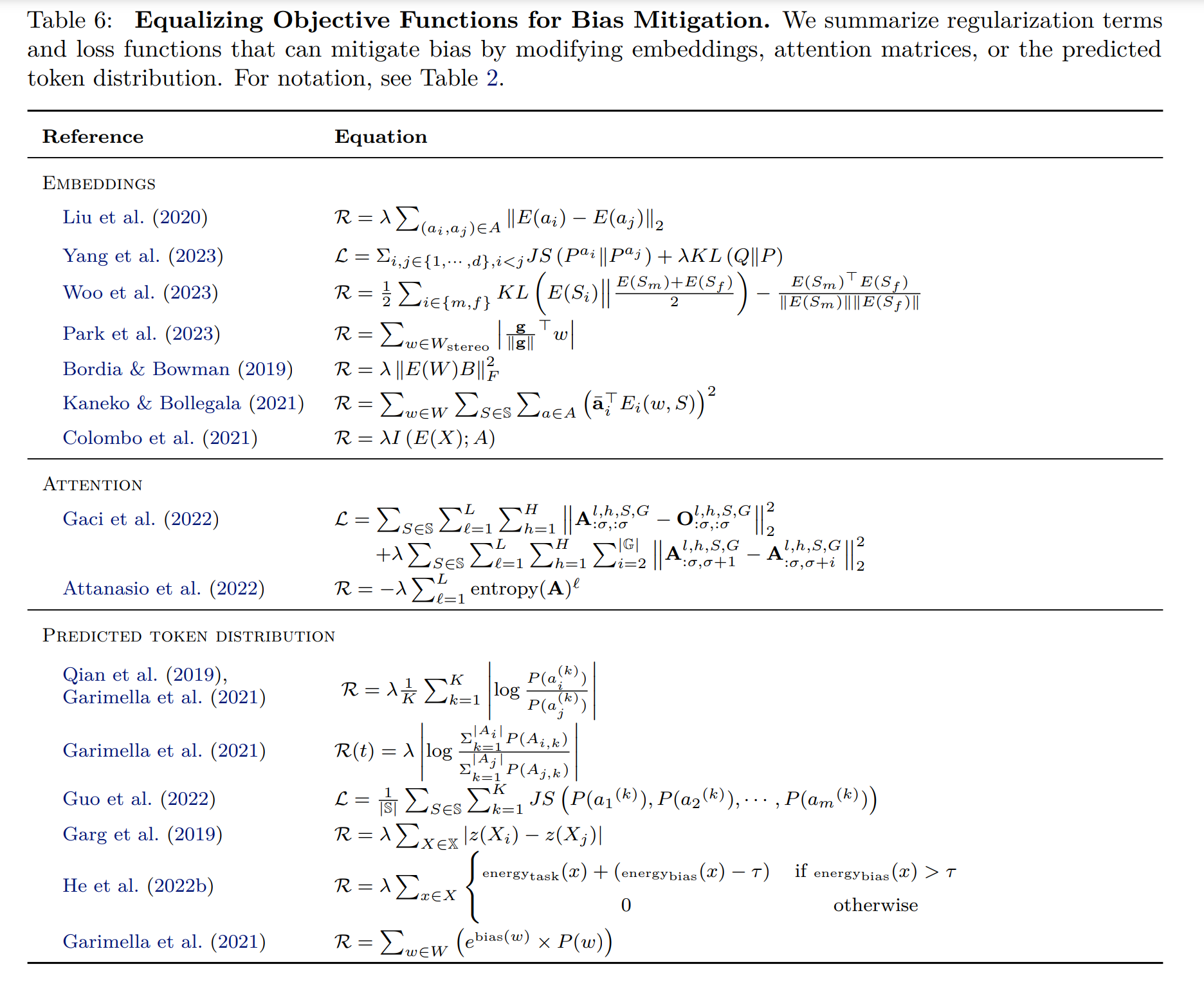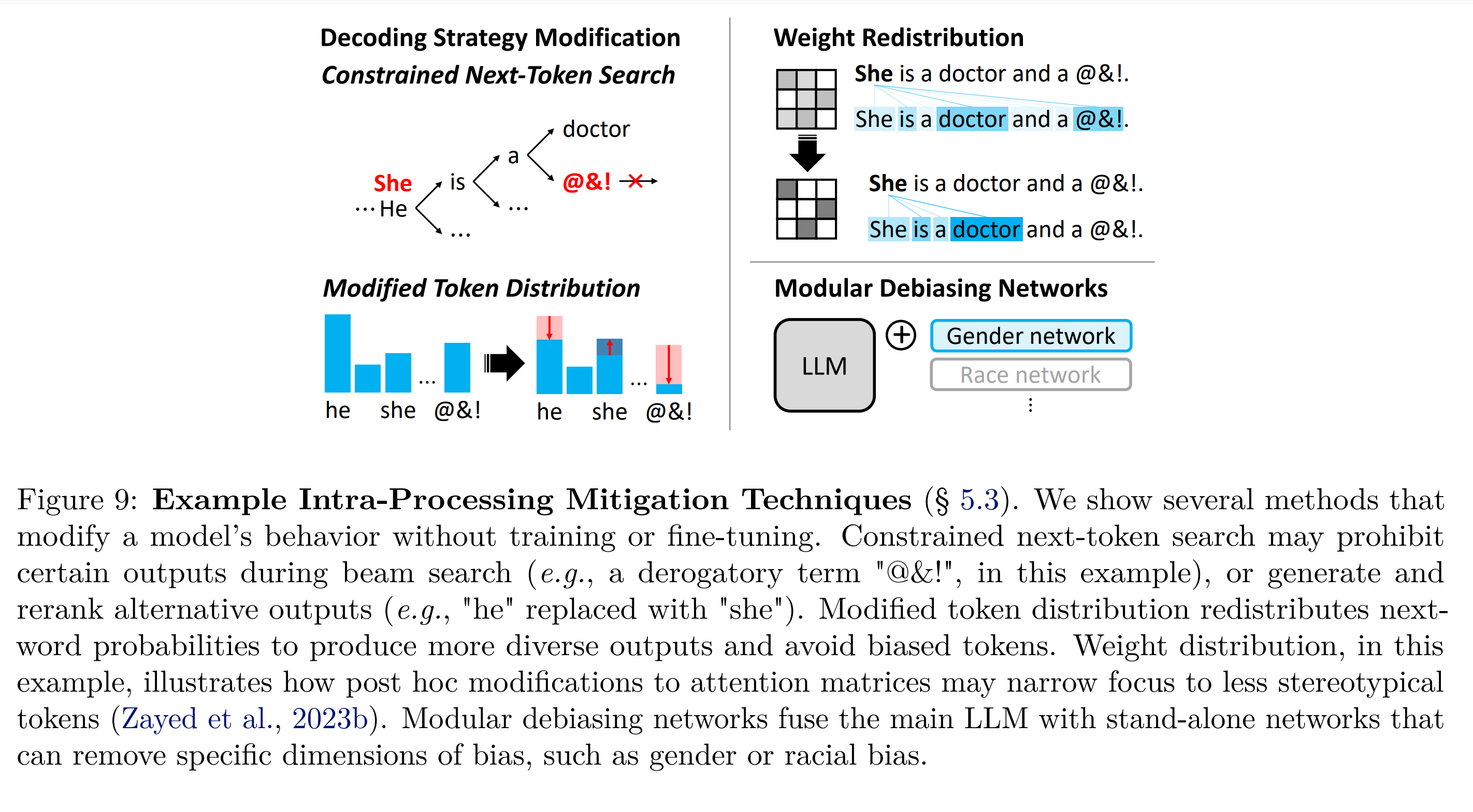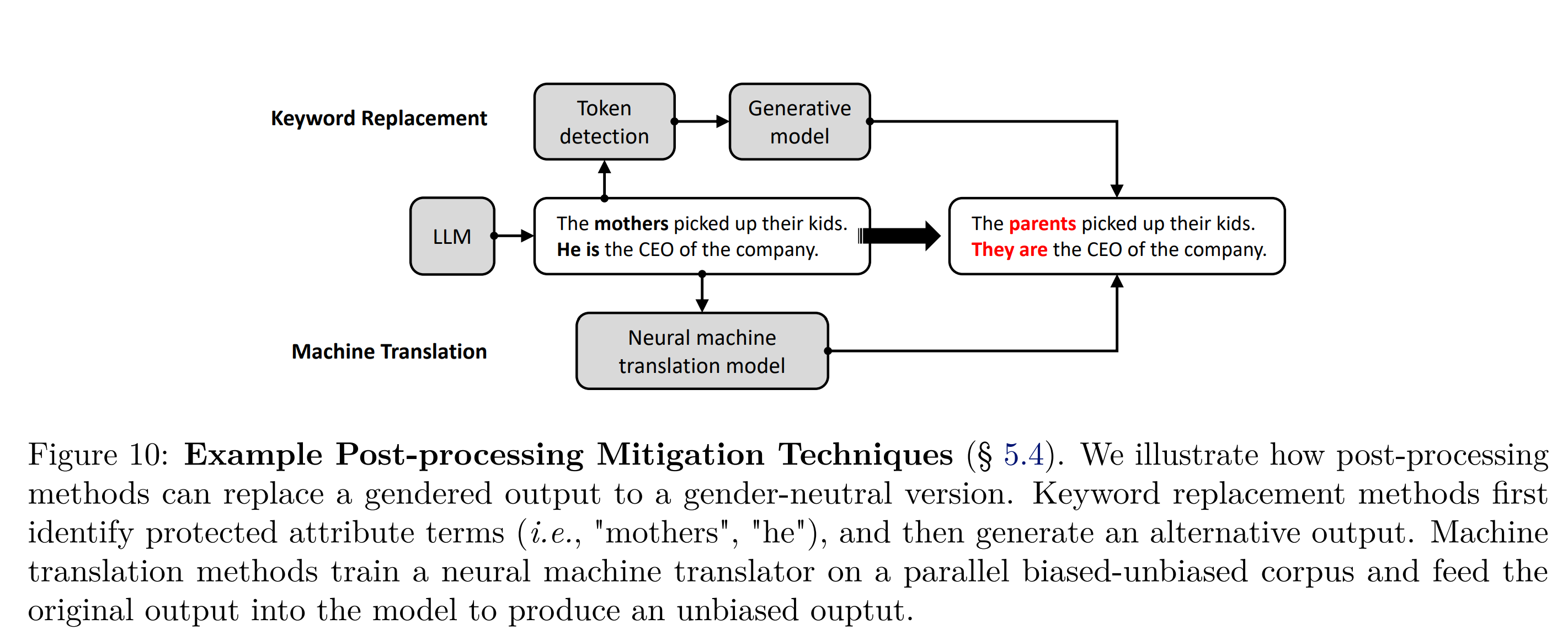Lately with my Google searches, the AI model keeps auto filling the ending of my searches with:
“...in Vietnamese”
I can see how this would be annoying.
I don't think Google's auto-complete algorithm and training data is publicly available. Also it changes frequently as they work to improve the service. As such, it is hard to tell what exactly is leading it to come up with this less-than-useful suggestion.
Your suspicion that it has something to do with Google's service detecting your heritage seems plausible.
The whole thing is based around statistical inference. At no point does any machine "know" what Vietnamese - or in fact any of the words in your query - actually means. This is a weakness of pretty much all core NLP work in AI, and is called the grounding problem. It is why, for instance, that samples of computer generated text produce such surreal and comic material. The rules of grammar are followed, but semantics and longer term coherence are a mess.
Commercial chatbot systems work around this with a lot of bespoke coding around some subject area, such as booking tickets, shopping etc. These smaller domains are possible for human developers to "police", connecting them back to reality, and avoiding the open-ended nature of the whole of human language. Search engine text autocomplete however, cannot realistically use this approach.
Your best bets are probably:
Wait it out. The service will improve. Whatever language use statistics are at work here are likely change over time. Your own normal use of the system without using the suggestions will be part of that data stream of corrections.
Send a complaint to Google. Someone, somewhere in Google will care about these results, and view them as errors to be fixed.
Neither of these approaches guarantee results in any time frame sadly.
We already have enough issues in the US with racism, projections of who others expect us to be based on any number of things, stereotyping and putting people in boxes to limit them - I truly believe AI is adding to the problem, not helping.
You are not alone in having these worries. The statistics-driven nature of machine learning algorithms and use of "big data" to train them means that machines are exposing bias and prejudice that are long buried in our language. These biases are picked up by machinery then used by companies that don't necessarily want to reflect those attitudes.
A similar example occurs in natural language processing models with word embeddings. A very interesting feature of LSTM neural networks that learn statistical language models is that you can look at word embeddings, mathematical representations of words, and do "word math":
$$W(king) - W(man) + W(woman) \approx W(queen)$$
$$W(he) - W(male) + W(female) \approx W(she)$$
This is very cool, and implies that the learned embeddings really are capturing semantics up to some depth. However, the same model can produce results like this:
$$W(doctor) - W(male) + W(female) \approx W(nurse)$$
This doesn't reflect modern sensibilities of gender equality. There is obviously a deep set reason for this, as it has appeared from non-prejudiced statistical analysis of billions of words of text from all sorts of sources. Regardless of this though, engineers responsible for these systems would prefer that their models did not have these flaws.
How can we fix this. Moreover, how can we use AI to bring out peoples true self, talents and empower and free them them to create their life how they like ?
Primarily by recognising that statistical ML and AI doesn't inherently have prejudice or any agenda at all. It is reflecting back ugliness already in the world. The root problem is to fix people (beyond scope of this answer, if I had solid ideas about this I would not be working in software engineering, but in something more people-focussed).
However, we can remove some of the unwanted bias from AI systems. Broadly the steps toward this go:
Recognise that a particular AI system has captured and is using unwanted gender, racial, religious etc bias.
Reach a consensus about how an unbiased model should behave. It must still be useful for purpose.
Add the desired model behaviour into the training and assessment routines of the AI.
For instance in your case, there are possibly some users of Google's system who would prefer to read articles in Vietnamese, or have English translated into Vietnamese, and are finding it awkward that the default assumption is that everything should be presented in English. These users don't necessarily need to use the search text for this, but presumably are for some reason. A reasonable approach is to figure out how their needs could be met without spamming "in Vietnamese" on the end of every autocomplete suggestion, and perhaps in general move suggestions to localise searches by cultural differences out of autocomplete into a different part of the system.
For the case of gender bias in NLP systems, Andrew Ng's Coursera course on RNNs shows how this can be achieved using the embeddings themselves. Essentially it can be done by identifying a bias direction from a set of words (e.g. "he/she", "male/female"), and removing deviations in that direction for most other words, preserving it only for words where it is inherently OK to reflect the differences (such as "king" and "queen" for gender bias).
Each case of unwanted bias though needs to be discovered by people and oversight of this as a political and social issue, not primarily a technical one.

